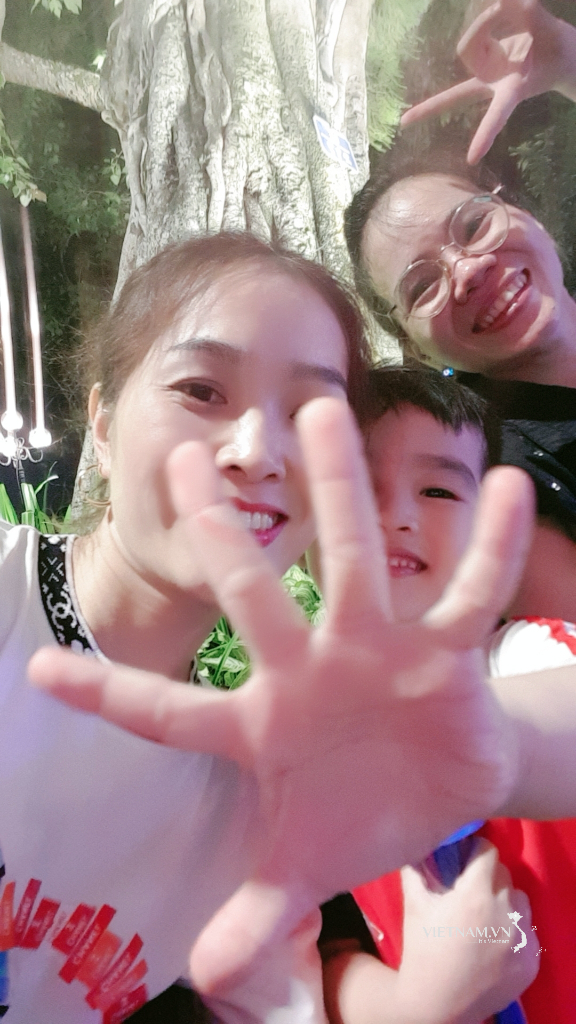According to the Institute of Mental Health (Bach Mai Hospital), internet addiction is classified as a behavioral addiction.
Several studies among teenagers and adults (average age 21.5) in Vietnam show that the rate of internet addiction among teenagers is approximately 21%. One study among university students in Vietnam found that 37.5% were addicted to the internet.

Use the internet in moderation, allocate time for outdoor activities and recreation to avoid internet addiction.
From a psychological perspective, internet addiction is primarily caused by two factors: difficulty controlling behavior and negative emotions. Difficulty controlling behavior refers to a loss of control over internet use, leading to overuse. Negative emotions include feelings such as depression, anxiety, or stress, causing users to turn to the internet as an escape.
Online gaming addiction (addiction to online games) belongs to the category of internet addiction.
Game addicts spend most of their time playing games, leading to declining academic performance and reduced work efficiency. They experience withdrawal symptoms when not playing games. Players develop a more positive view of the virtual world and become overly dependent on the game, ultimately developing gaming disorder.
The duration or frequency of gaming behavior increases over time; or there is a need to engage in games of increasing complexity, requiring more skill or strategy to sustain, increase previous excitement, or avoid boredom.
People addicted to gaming have an urge or craving to play games even when engaging in other activities; they ignore other interests and become irritable, grumpy, or verbally or physically aggressive when their gaming is stopped or reduced.
Furthermore, gaming disrupts their eating, sleeping, exercise, and other health-related behaviors, potentially leading to negative outcomes for both physical and mental health.
Typically, patients hospitalized for gaming addiction treatment are young people, students, and often arrive at the hospital at a late stage, frequently experiencing co-occurring disorders (simultaneously having multiple problems such as gaming addiction accompanied by sleep disorders, physical health problems like weight loss, and declining academic performance...).
It's easy to relapse into gaming and internet addiction if the family doesn't cooperate.
Based on her experience in treatment, Dr. Le Thi Thu Ha, Head of the Substance Use and Behavioral Medicine Department (Institute of Mental Health), noted that parents should pay attention to and spend time with their children instead of constantly being glued to their phones. After a child's game addiction treatment, families need to cooperate to prevent relapse. In some cases, families and patients only cooperate for a few months, resulting in a high rate of game and internet addiction relapse.
Appropriate internet use is no more than 2 hours per day off and 1 hour per day on weekdays, not including time spent on work or study.
In terms of treatment, internet and gaming addicts are treated with behavioral therapy, which works by reducing the connection between game-related stimuli and the player's response to them. This therapy focuses on the behavior itself, replacing or modifying the gaming behavior.
Patients also receive psychotherapy that focuses on cognitive adjustment and mental state correction. This helps individuals adjust their maladaptive perceptions and regain the psychological support that ultimately changes their behavior.
Electrical stimulation is used in the treatment of gaming addiction, aiming to alter the neurophysiological characteristics of the brain and body, manifested as changes in psychology and behavior.
In case families need advice on gaming addiction and mental health issues, they can contact doctors at the Institute of Mental Health at the following phone numbers: 02435765344/0984104115.
Source link
















































































































Comment (0)